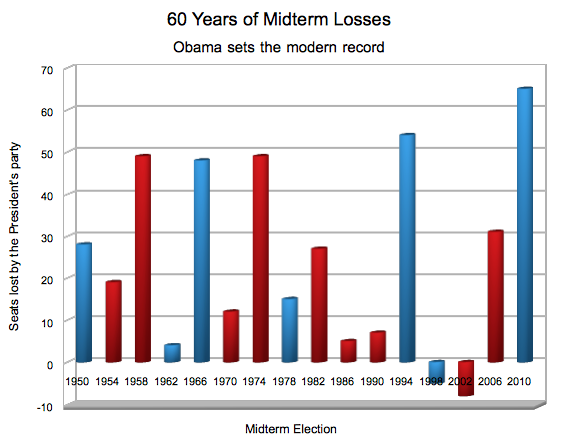

In Georgia, former football star Herschel Walker, the GOP nominee, has been plagued by policy gaffes, revelations about previously undisclosed children and “accusations that Walker repeatedly threatened his ex-wife’s life, exaggerated claims of financial success and alarmed business associates with unpredictable behavior,” according to the Associated Press. John Fetterman, who now leads by more than 11 points, on average.

In Pennsylvania, Republican Mehmet Oz (famous from his television doctor days) is getting pummeled online over his wealth and New Jersey roots by his Democratic opponent, Lt. In Ohio, a state Trump won by 10 points in 2020, Republican nominee JD Vance, the “Hillbilly Elegy” author, is effectively tied with Democratic Rep. And yet in key race after key race, their nominees - all of whom were endorsed by Trump - seem to be underperforming: To regain control, Republicans only need to net a single Senate seat. McConnell is right that Senate races are “just different.” He’s also right that “candidate quality” is a problem for the GOP right now. “Right now, we have a 50-50 Senate and a 50-50 country, but I think when all is said and done this fall, we’re likely to have an extremely close Senate, either our side up slightly or their side up slightly.” Senate races are just different - they’re statewide, candidate quality has a lot to do with the outcome,” McConnell said Thursday in Florence, Ky. “I think there’s probably a greater likelihood the House flips than the Senate. Why? Senate Minority Leader Mitch McConnell (R-Ky.) has some thoughts. Meanwhile, the Senate side of things is trending toward Democrats, too - only much more dramatically.

(Jabin Botsford/Washington Post via Getty Images) Still, GOP odds have fallen by 10 points over the last month. So unless the gap widens significantly, Republicans still stand a good chance - a 77% chance, according to the FiveThirtyEight forecasting model - of flipping the closely divided House. Generic-ballot polls usually underestimate GOP support as well. To reach that threshold, Democrats still have a long way to go they currently lead Republicans by half a point, on average. And the pro-Republican impact of gerrymandering - redrawing congressional districts to favor one party over the other - means that Democrats typically have to win the national popular vote by at least a few percentage points just to avoid losing seats in the House. Most voters don’t really tune in until after Labor Day. The midterms are still more than two months away. Amid a spate of fresh surveys that put Democrats ahead of Republicans - by 3 points, according to Monmouth University by 4 points, according to Morning Consult by 6 points, according to YouGov - the president’s party just took the lead in FiveThirtyEight’s generic-ballot average for the first time in nearly a year. But they’ve only trailed by 1 or 2 points, on average - not 16.Īnd even that dynamic appears to be changing. Since November 2021, Democrats have trailed Republicans on the generic ballot. Take the crucial “generic ballot” question, which asks voters which party they would prefer to control Congress. Any movement toward Biden - from Democrats who no longer dismiss him as ineffectual, or from independents encouraged by improving economic indicators - is notable. That’s not earth-shattering - the president’s net approval rating is still negative by more than 16 points - but it’s also not nothing. Over the last month, Biden’s average disapproval rating has fallen more than two points, according to polling aggregator FiveThirtyEight his average approval rating has risen nearly three points. Americans almost always vote against the president in midterm elections.įactor in Biden’s anemic approval rating (the worst of any modern president at this stage of his first term) and astronomical inflation numbers (the highest since the early 1980s), and it looks like a recipe for Democratic disaster.Īnd yet the polls are starting to show otherwise. Historically speaking, that means Democrats have an 84% chance of losing the House in November. In 16 of them, the president’s party lost five or more seats in the House - the number that Republicans need to net this year to take control. There have been 19 midterms since World War II. had any reason to expect even a few weeks ago.įor decades now, the pattern has been clear. And those are better odds than Biden & Co. Brown/AFP via Getty Images)Īccording to the latest data, the answer is. Voters cast ballots in Norwalk, Calif., for the Nov.


 0 kommentar(er)
0 kommentar(er)
